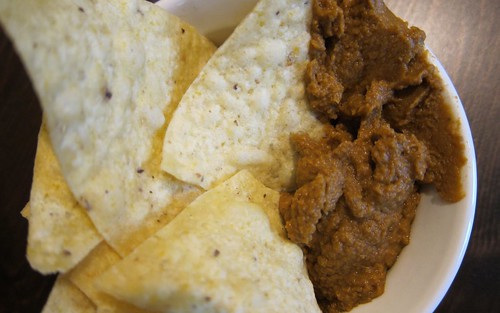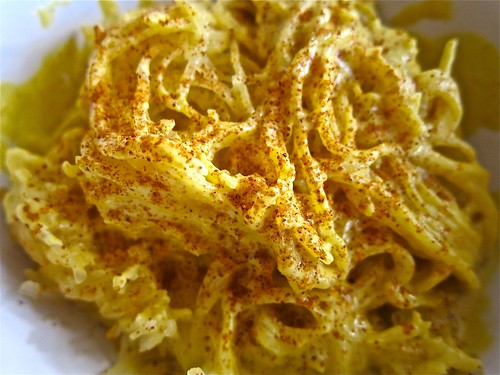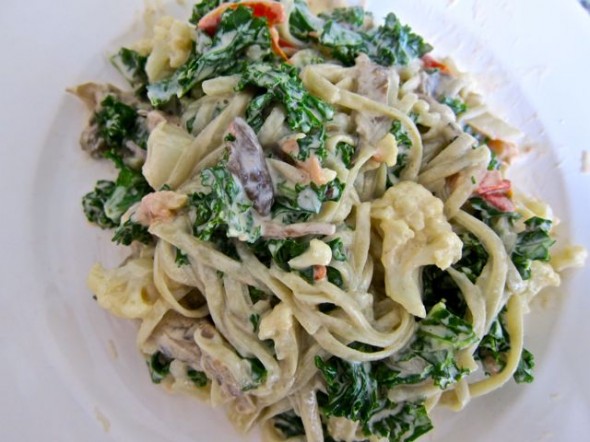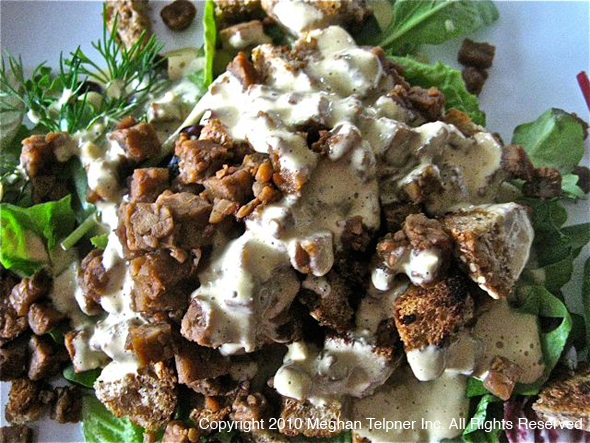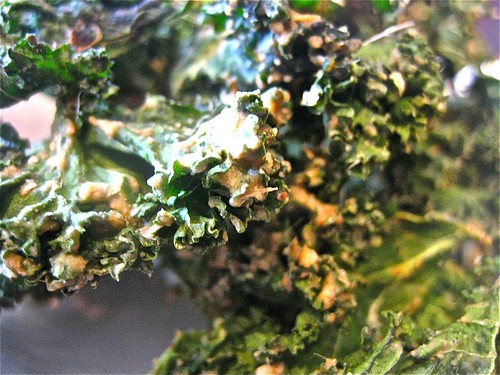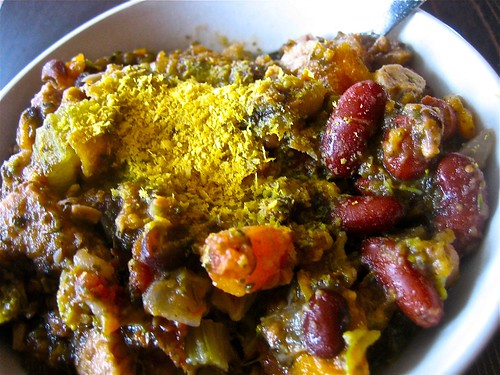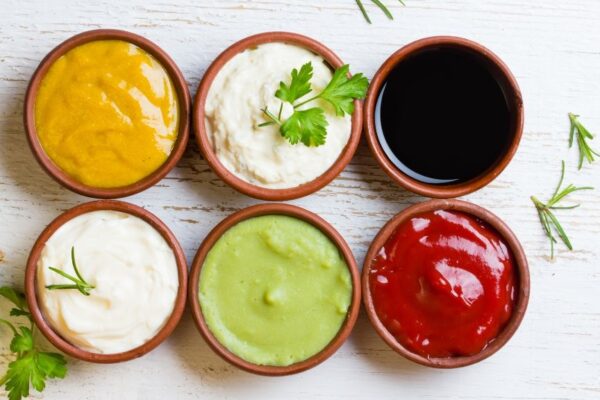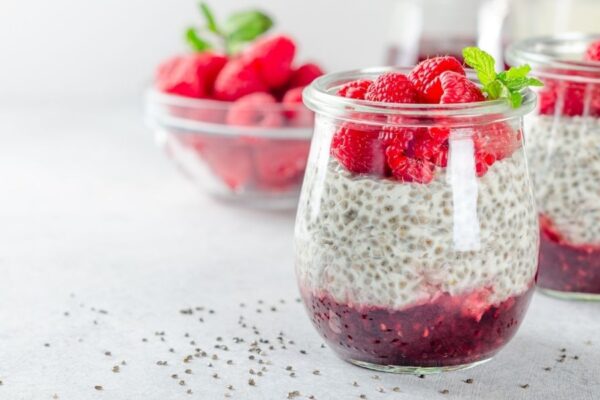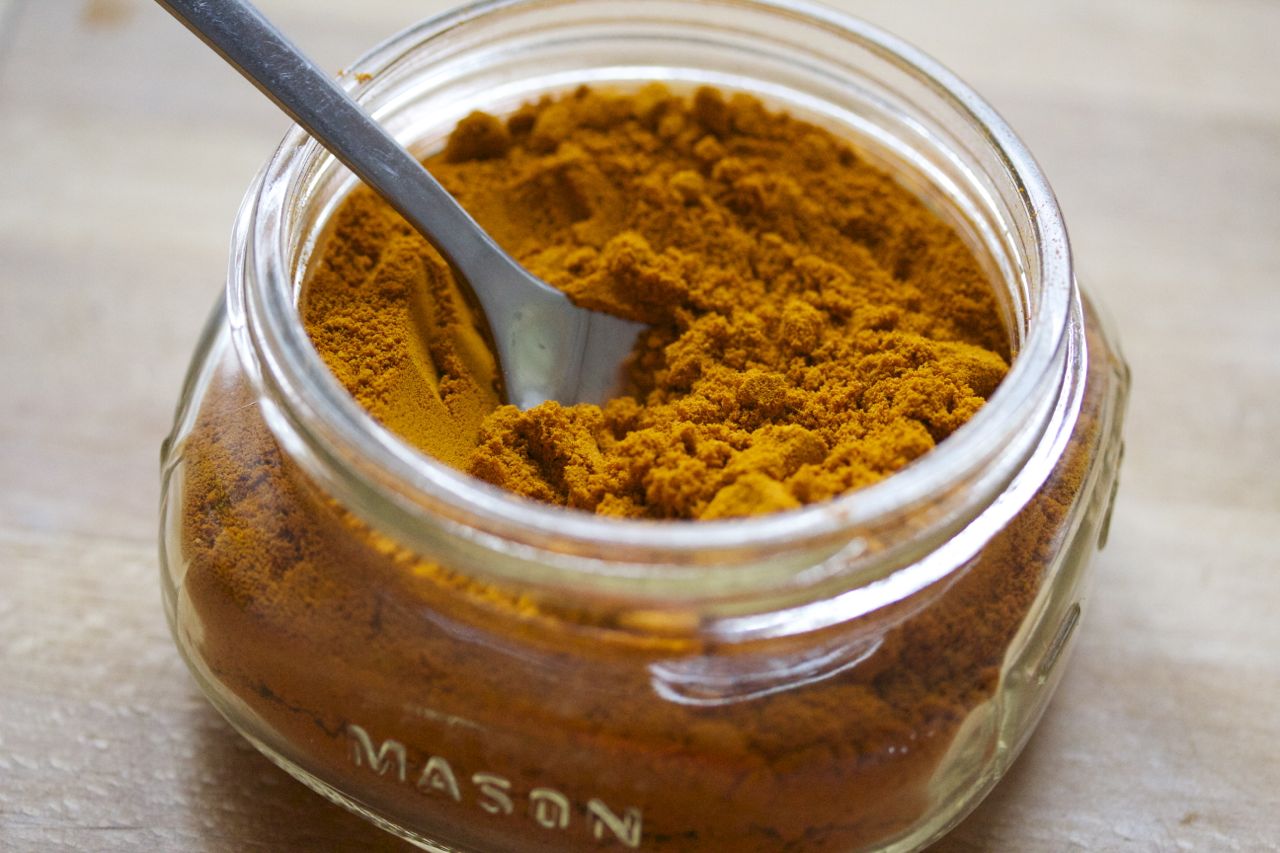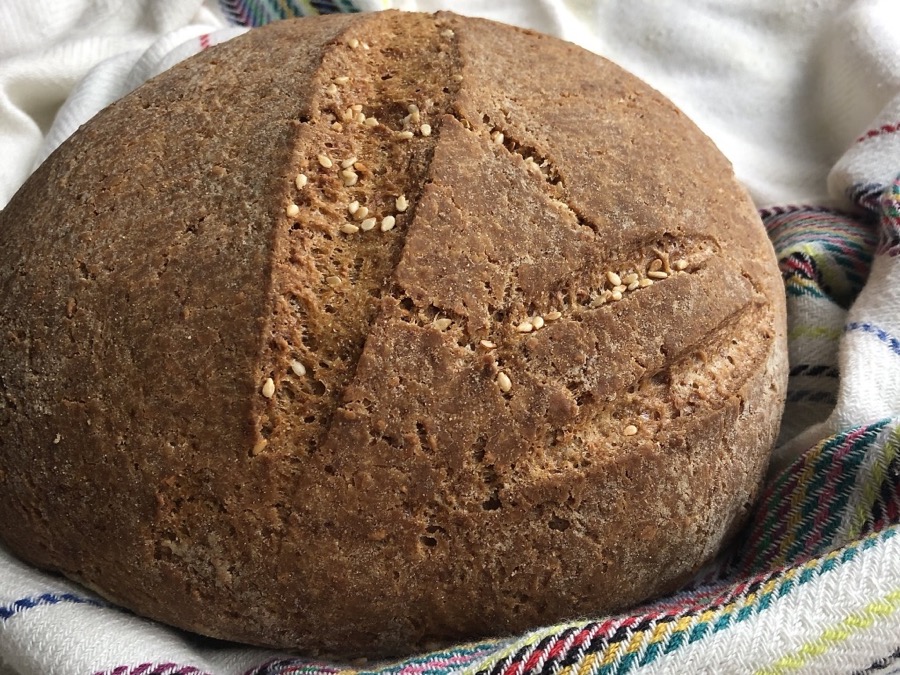What Is Nutritional Yeast? and Recipes!
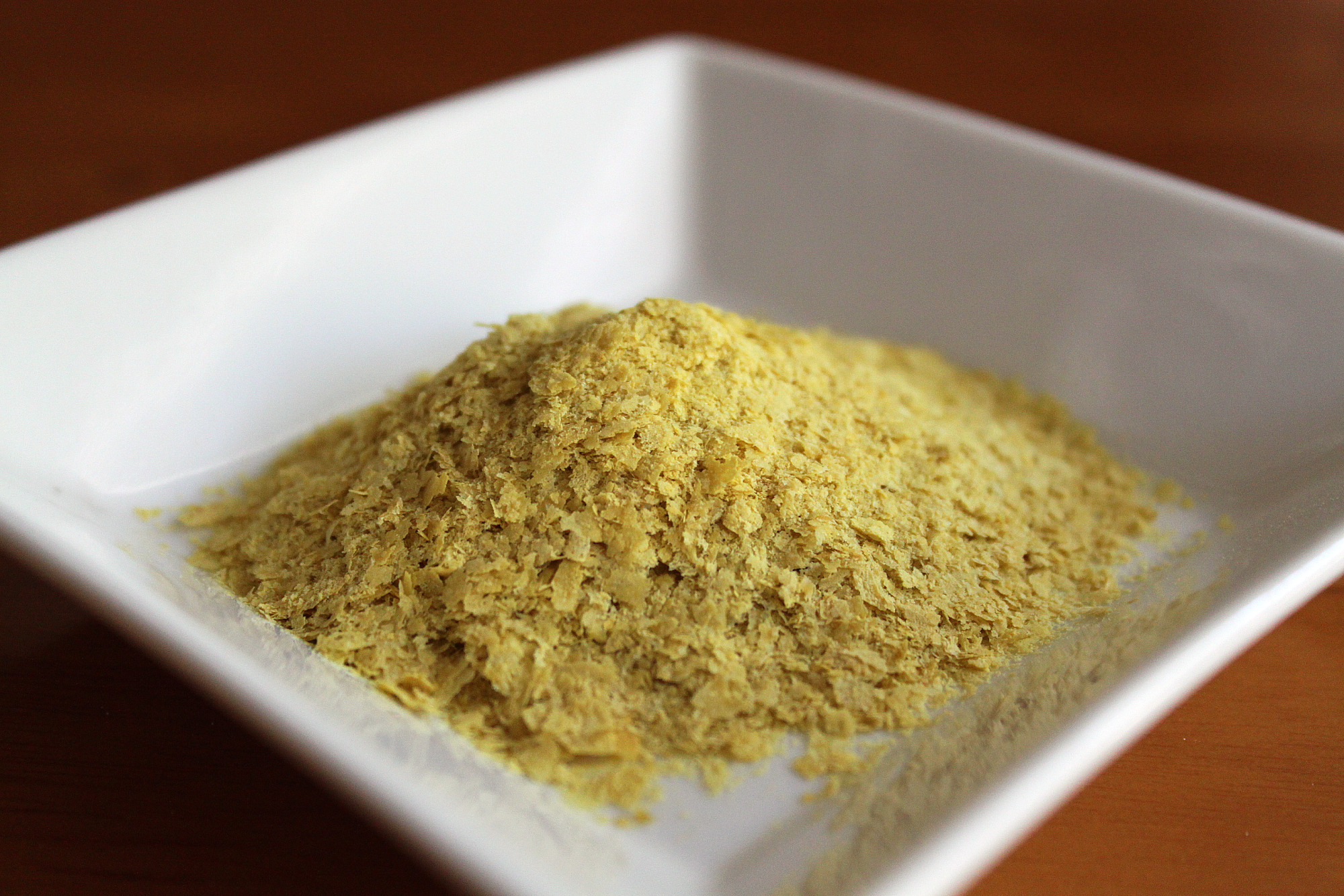
Vegan’s treat nutritional yeast like it’s the dehydrated cheese in a mac and cheese box. It’s not, but it does make great, creamy, cheese-like sauces. For a long, long time (think 30 of my 31 years), I stayed far away from it. 27 of those years were spent in ignorance that this food existed, two of those years were spent avoiding it because it was odd, one was spent avoiding it because I have read of contraindications between inflammatory bowel disease and nutritional yeast. Then I gave in, tried it, loved it, and now know just what it is.
Nutritional yeast is the deactivated form of the yeast known as “Saccharomyces cerevisiae”. It is an excellent source of protein and is therefore often used abundantly among the veggie crowd. Considered a complete protein containing 18 amino acids, it also contains a variety of minerals such as chromium, an important nutrient for maintaining balanced blood sugar levels.
But Where Does This Stuff Come From?
Nutritional yeast is grown on cane sugar and molasses. It is then harvested, washed, and dried into flakes. It takes on a yellow-orange-brown colour. After it is harvested, it is washed and pasteurized therefore guaranteeing that it is inert (meaning it won’t keep growing). Therefore, no need to worry that it will lead to yeast infections, and cause Candida. It has no relation to detrimental yeast growth.
And The Nutrition?
Nutritional yeast is particularly rich in B vitamins. These are the important guys for our energy production – they help in the metabolism of protein, fats, and carbs, meaning we can better use the fuel from our food, manage stress and keep our youthful complexion radiant.
Nutritional yeast is a bonus for vegetarians /vegans since many varieties are fortified with vitamin B12 (a nutrient only found on foods with faces).
Nutritional yeast is beneficial for those dealing with diabetes and blood sugar issues in general. This is because it contains chromium, a trace mineral which is important in managing blood sugar levels.
Other benefits:
- Maintains healthy bacteria balance in the gut which is important for immune health
- Improves blood production, which is great for peeps who are anemic
- Helps maintain optimal cholesterol levels
- Improves liver health and function
Where Can You Get Some?
Usually in bulk, in the fridge section of your local health food store.
What Can You Do With It?
Caesar Salad – Hold The Anchovies
Free Resource Library
Enjoy more than 40 downloadable guides, recipes, and resources.















